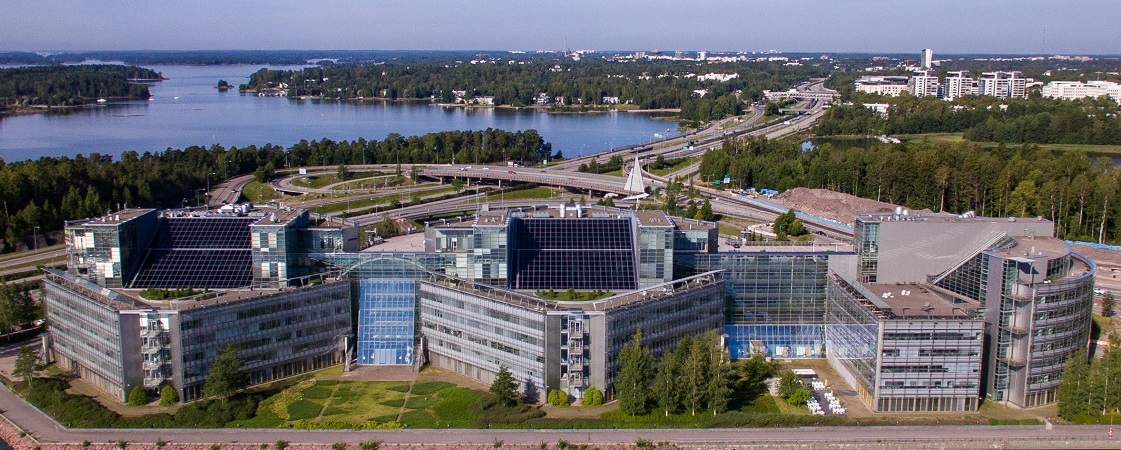SS14 - Holistic approach to control and analysis of complex systems with data mining methods
Special Session Organized by |
|---|
|
Prof Gennady E. Veselov, Institute of Computer Technologies and Information Security of the Southern Federal University, Russia; Prof Andrés Montoyo Guijarro, University of Alicante, Spain; Dr. Juan José Domínguez Jiménez, High School of Engineering, University of Cadiz, Spain; |
According to modern system engineering concepts, the world around us is holistic and indivisible. However, in order to study individual phenomena of the world around, separation into its constituent parts is performed, i.e. its structuring. This process leads to the representation of the system as a set of hierarchically located interacting subsystems. Meanwhile, both vertical and horizontal structured ordering of these subsystems is possible. The behavior of each subsystem, regardless of the type of structuring, is described by a corresponding model with variables and parameters immanent to a particular level of abstraction.
It should be noted that while controlling complex dynamic systems, internal contradictions and competitive physical processes may arise. At the same time, the existing methods of system analysis do not allow fully taking into account such contradictions. The concept of control in complex systems is inseparably connected with the concepts: information, organization of functioning, and purpose. However, there is not always a clear understanding of the essence of information processes associated with control. In this regard, it is necessary to emphasize that information should be considered as a means of achieving the goal, while mandatory considering its value in the information analysis of control processes. It is due to the fact that only specifically useful information applied to achieve the goal is important for control. Data mining is of particular importance for such systems, since they consist of a combination of the large number of hierarchically dependent local subsystems that have a certain degree of autonomy and are interconnected by means of organization, based on the current hierarchy of goals.
Properly constructed, mutually agreed purposeful control of subsystems, based on data mining of information received from the system and the external environment, will ensure the specified properties of the technological homeostasis of the entire system.
Topics under this track include (but not limited to): |
|---|
- Holistic modelling of complex systems
- Control of complex industrial systems
- Intelligent control of complex industrial systems
- Clustering and unsupervised learning
- Knowledge processing
- Building recommendation systems
- Pattern recognition
- Classification
- Feature extraction
- Search of associative rules
- Genetic algorithms
- Fuzzy modelling and control, etc.
- Text and web mining
- Bioinformatics
- Intelligent transportation systems
- Robotics and mechatronics
- Electric power systems
- Telecommunication systems
Deadlines |
|---|
| Submission of papers (regular, special sessions) |
|
| Notification of acceptance | |
| Submission of final manuscripts | June 05, 2019 |
Submission Guidelines |
|---|
Same submission guides as mentioned in the submission page apply. Please make sure to select the correct special session from the dropdown menu
Download Call for Papers |
|---|
Click here to download this special session call for papers



